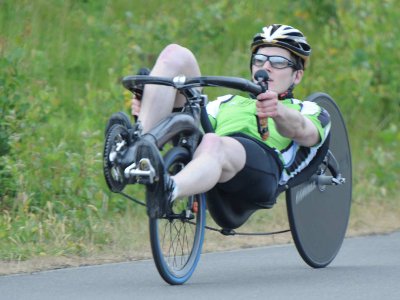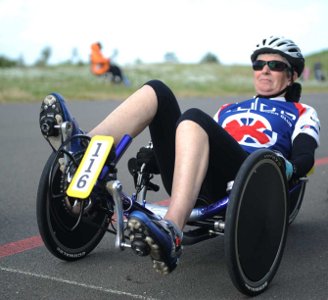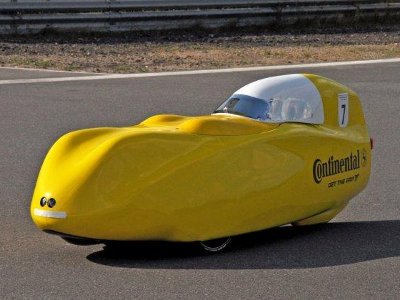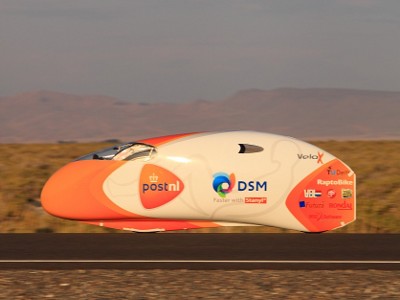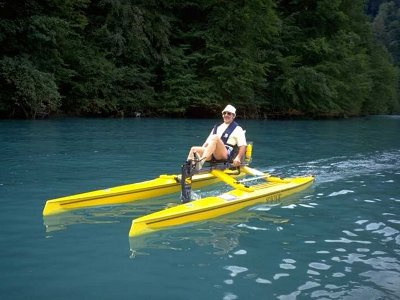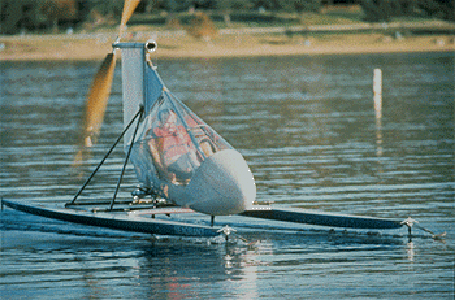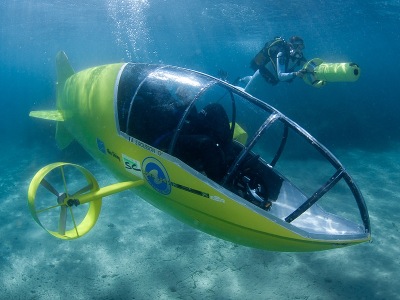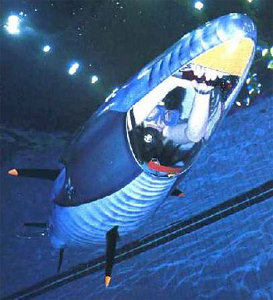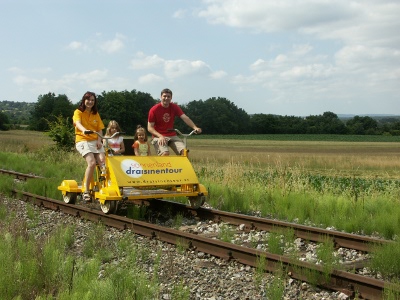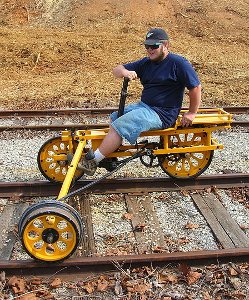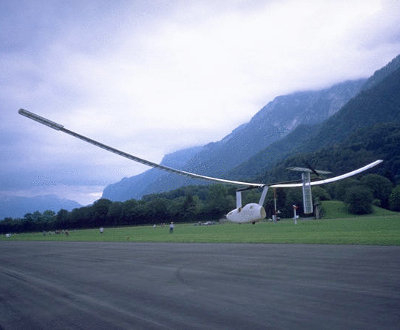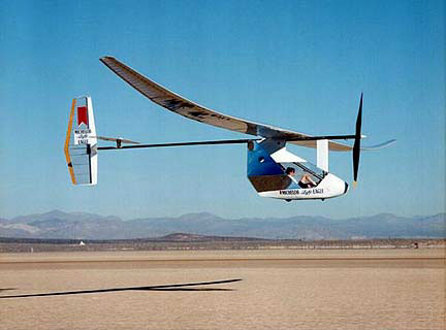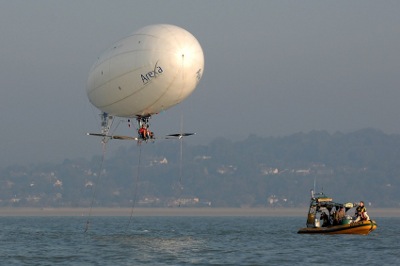What is a HPV?
HPV means "Human Powered Vehicle". This term
includes all vehicles that are powered only by muscular-strength.
The large area of HPV can be divided into many categories. The
largest is the bicycle. But you can find HPV's in the air,
in and under the water and also on the rail. Some
HPV's are build for competition to get faster and faster,
but other are for daily use, like the rickshaw in India. A
real HPV can be powered by an electric engine, but the energy must
come from a human powered generator. Electric bicycles with
batteries onboard do not include to HPV's.
In the following, we show you some examples of Human Powered
Vehicles. The overview does not claim to be exhaustive.

